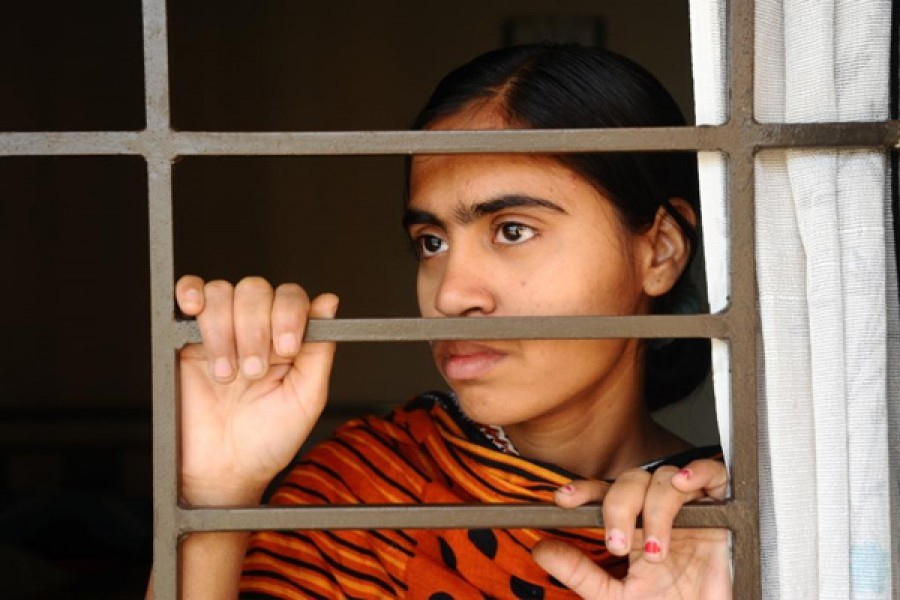Life of the domestic helps is filled with uncertainties. It is unfortunate to note that these rural migrant women or girls settling in cities do not enjoy any legal measures to keep them protected from different types of exploitations and injustices. This picture emerged from a national workshop held in Dhaka on January 11. Urging the government to bring the domestic workers under the existing labour law, speakers underscored the implementation of the Domestic Workers' Protection and Welfare Policy properly. It appears highly disappointing that the domestic helps in Bangladesh still remain out of the legal provisions which can ensure them a decent, fulfilling life.
Upon noting the state of the urban 'maid servants' in Bangladesh, the workshop emphasised the need for creating awareness among the people of the rights of this particular section of women and girls. The workshop was organised by the Bangladesh Ovibashi Mahila Sramik Association, with backing from American Solidarity Centre Bangladesh in the capital. Against the backdrop of the dearth of domestic workers caused by their corona-induced exodus to their villages, the city residents have acutely felt the necessity of the 'buas' for doing their household chores. The domestic workers who managed to stay back in the city caring little for the Covid-19 had found a chance to haggle with the land ladies. It led to the demand for exorbitantly higher wages made by the domestic helps and due to it many servant-dependent families found themselves in the soup. Lots of families began learning how to do away with the 'buas'.
The general picture, vis-à-vis the domestic helps, is however different. They are in general a highly exploited group. For generations house helps have been integral to middle-class and affluent families. Female domestic helps are literally omnipresent in urban residences. In rural areas, it's only a handful of feudalistic people who can afford to employ maid servants on a monthly basis. In cities, there are few wealthy residences which do not have both female and male helps. Some of them are employed at those houses for decades and become veritably members of the extended families. They have little complaints of maltreatment and excessive workload, as they find the work at those residences a part of their life. The problem arises with middle- and lower-middle class 'educated' people. According to surveys, allegations of physical and mental tortures of domestic helps are regular features at these residences. Besides, employing minor girls and boys for long hours of gruelling work is considered normal at these residences. They have no day-offs, no leisure time or wholesome meals --- not to speak of the meagre wages ill proportionate to their labour. At the same time, physical assaults and punishments for minor offences are rampant.
Keeping servants for many in the cities is a routine. But families comprising aged couples, with no other close relatives, these helping hands are a great necessity. But their financial reward is hardly commensurate with the services performed. Only in rare cases can they bargain for the workload they have to undertake. The all-important point to put thrust on is the need for government support to the initiatives for ensuring the rights and privileges of the domestic hands. The chief guest of the workshop was right in her proposal: taking prompt initiatives to set a wage structure for the domestic helps, depending on different areas.


